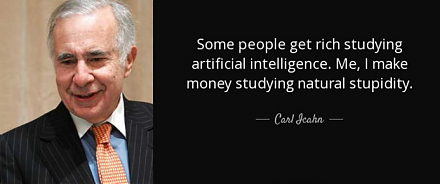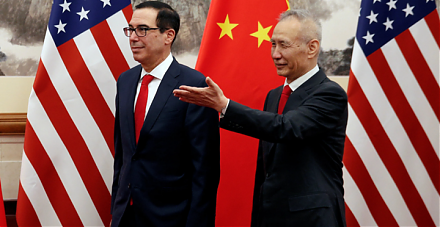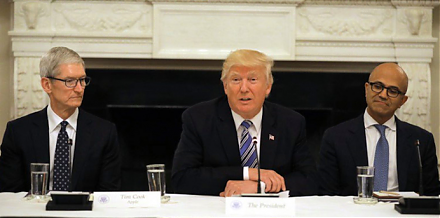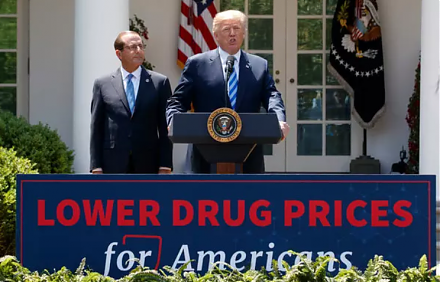

2017-08-31 09:36:00 Thu ET
technology antitrust competition bilateral trade free trade fair trade trade agreement trade surplus trade deficit multilateralism neoliberalism world trade organization regulation public utility current account compliance
The Trump administration has initiated a new investigation into China's abuse of American intellectual property under Section 301 of the Trade Act of 1974. This strategic move boils down to the fact that the U.S. has just fired the first shot in an open trade war with China. While tax cuts trump trade, this Section 301 investigation can be the first tangible economic sanction against China.
However, Chinese retaliation may manifest in the generic form of large-scale U.S. Treasury bond sales, much less usage and consumption of U.S. soybeans, oats, semiconductors, mobile electronic devices, and other key imports, or both. These economic repercussions reverberate up and down the corporate value chain to induce an adverse impact on U.S. manufacturers, upstream suppliers, and downstream distributors nationwide.
Despite this clear and present trade war with China, the Trump stock market rally continues to benefit the typical institutional or retail stock investor under Section 301 legal protection of U.S. intellectual property. The main beneficiaries are the R&D-intensive firms with numerous patents such as pharmaceutical companies such as Pfizer, Merck, and Johnson & Johnson, tech-savvy platform orchestrators such as Apple, Google, Microsoft, Facebook, and IBM, as well as ecommerce giants such as Amazon and Alibaba.
A potential threat may be the new opportunity. Every cloud has a silver lining!!
If any of our AYA Analytica financial health memos (FHM), blog posts, ebooks, newsletters, and notifications etc, or any other form of online content curation, involves potential copyright concerns, please feel free to contact us at service@ayafintech.network so that we can remove relevant content in response to any such request within a reasonable time frame.
2020-01-08 08:25:00 Wednesday ET

Conservative Party wins the British parliamentary majority in the general election with hefty British pound appreciation. In response to this general electi
2018-11-19 09:38:00 Monday ET

The Trump administration mulls over antitrust actions against Amazon, Facebook, and Google. President Trump indicates that the $5 billion fine against Googl
2017-11-29 07:42:00 Wednesday ET

The octogenarian billionaire and activist investor Carl Icahn mulls over steps to shake up the board of SandRidge Energy after the oil-and-gas company adopt
2019-05-09 10:28:00 Thursday ET

President Trump ramps up 25% tariffs on $200 billion Chinese imports soon after China backtracks on the Sino-American trade agreement. U.S. trade envoy Robe
2017-06-15 07:32:00 Thursday ET

President Donald Trump has discussed with the CEOs of large multinational corporations such as Apple, Microsoft, Google, and Amazon. This discussion include
2018-05-07 07:32:00 Monday ET

President Trump seeks to honor his campaign promise of lower U.S. medical costs by forcing higher big-pharma prices in foreign countries such as Canada, Bri